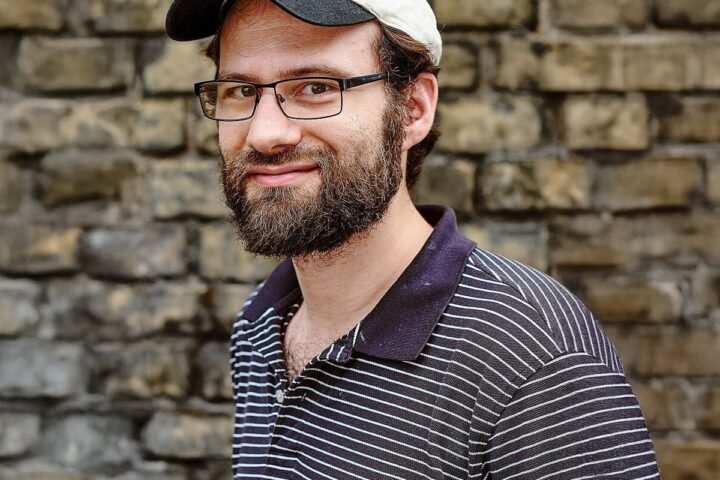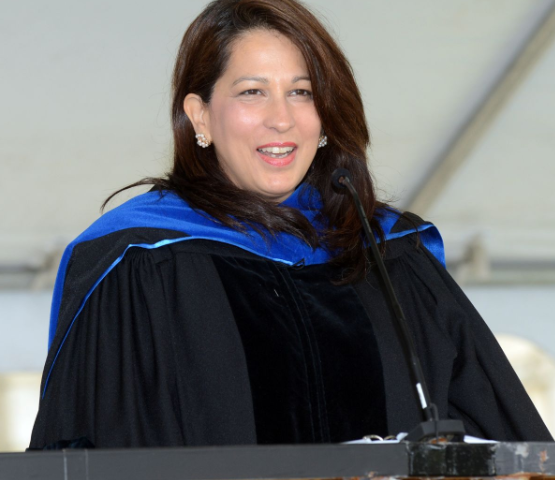Queens College announced it would build a solar-storage system near the Fitzgerald Gym later this year.
The Department of Energy’s Sustainable and Holistic Integration of Energy Storage and Solar PV program awarded half of the funds for the $6.3 million project. Its goal is to create technologies that are both affordable and accessible for users.
But the college is not working on the project alone. Sustainable CUNY, the New York Power Authority and the Electric Power Research Institute will help too. In fact, EPRI will provide $3.2 million to building solar panels that are a part of the project.
Adam Rockman, vice president for Student Affairs, said the solar panels continue the college’s commitment to alternative energy.
“This is a good thing for the college,” Rockman said. “QC is a leader in sustainability efforts, and the solar panels are a natural progression in these efforts.”
While QC is the not the only CUNY college turning to green energy, it is the only one to receive the SHINES program’s grant. The new solar panels will allow QC to have backup power after outages and even lower electricity costs.
A study is underway to determine how many watts each solar panel will generate. The final calculations will vary on the design.
Sophomore Ellen Huynh felt unsure about the installation of the solar panels, especially during times there was no light.
“Solar panels are a great idea, especially for our environment. However, when there isn’t any sunlight, how will the solar panels work? The buildings might not have enough power when it is not sunny. I believe that solar panels are not enough to power buildings,” Huynh said.
The college is no stranger to green energy. The Summit received a LEED Gold certification by the U.S. Green Building Council in 2009 because of the building’s sustainability. There is also a table near the Dining Hall with plugs powered by small solar panels.
CUNY, meanwhile, worked on problems brought on by climate change and formed Sustainable CUNY in 2007. The group aims to work with policymakers to create solutions for urban areas.
Tria Case, the university director of Sustainability at CUNY, praised the effort of Sustainable CUNY for pushing for this project.
“Sustainable CUNY’s work over the last decade to reduce solar market barriers has made it easier for New Yorkers to ‘go solar,’ and we are proud to work with the EPRI Team and Queens College to host a solar plus storage system,” Case said.
Shahrin Azim, a freshman and member of the Environmental Club, said she was not aware about the project. Yet she agreed that it continued the alternative energy commitments of the college.
“I knew nothing about the solar panels. But I am very excited about the solar panels because this will make our school greener, and it will help to save energy,” Azim said.














